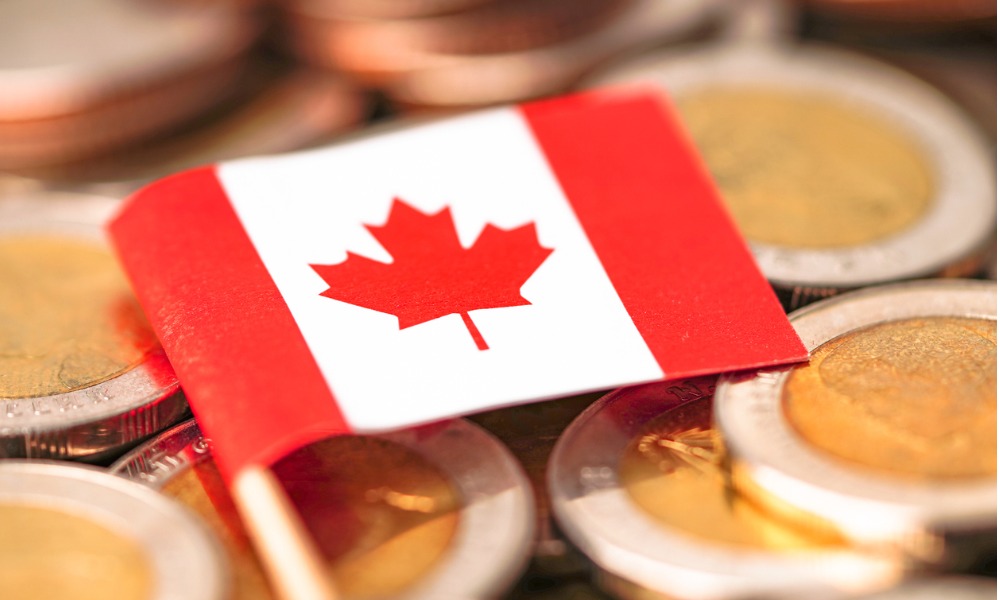CIBC and TD data reveal how proposed US tariffs threaten Canada’s trade and economic stability

According to a CIBC report, sweeping tariffs proposed by US President Donald Trump could reduce the Canadian economy by up to 3.25 percent of GDP, even with potential exemptions for the oil and gas sector.
The analysis, published on Tuesday, explored four potential scenarios where tariffs between 10 and 20 percent would apply to Canadian goods, factoring in possible exclusions for certain industries.
President Trump stated on Monday evening that he is considering imposing 25 percent tariffs on Canada and Mexico, with the policy potentially taking effect on February 1.
Canadian Prime Minister Justin Trudeau responded by saying, “everything is on the table,” suggesting that Canada would not hesitate to retaliate if such measures were implemented.
The CIBC analysis highlights the significant risks posed by these tariffs.
A 20 percent tariff exempting commodities, which account for nearly half of Canadian exports to the US, would still lead to a 3.25 percent hit to Canada’s GDP.
In a more moderate scenario where a 10 percent tariff excludes both commodities and the automotive sector, the economic impact would be reduced to 1.35 percent.
The report also indicated that certain sectors, such as oil, gas, and automobiles, might remain exempt due to their integration with US industries.
CIBC noted that taxing these areas “would come at a key cost to American jobs, contradict Trump’s cheap energy initiatives, and materially increase inflation.”
Data from TD Economics’ Canada-US Trade Relationship Infographic underscores the deep trade connections between the two countries.
Canada supplies the US with 50 to 80 percent of critical minerals, including zinc, nickel, tellurium, and vanadium, which are essential for American industries.
In 2024, the US is expected to import over $100bn worth of Canadian oil and gas, further emphasizing the energy sector’s critical role.
Canadian tourism also contributes significantly to US trade, creating a $15bn surplus in services. Meanwhile, Canada is the largest export market for US goods and services, purchasing $350bn annually.
Although the US maintains a $25bn trade deficit with Canada, it remains smaller compared to deficits with other key partners, such as $192bn with China and $130bn with Mexico.



